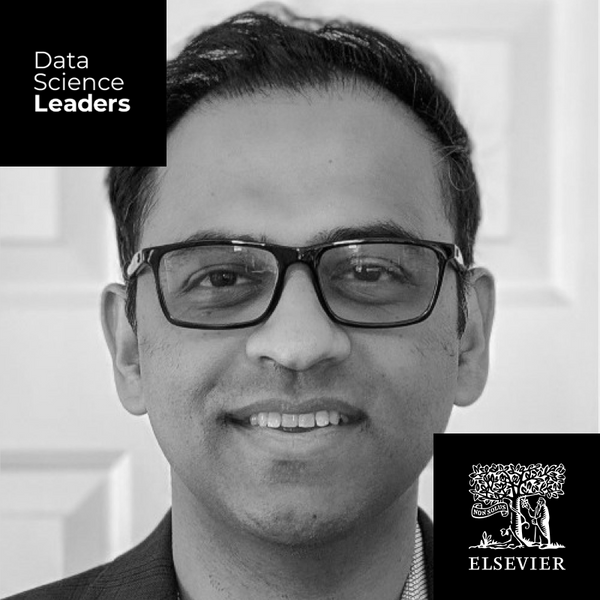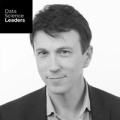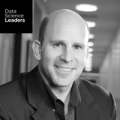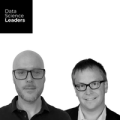episode 26
Modernizing Healthcare Through Data Science and Digital Transformation
Data Science Leaders | 39:38 | November 03, 2021

Listen how you want
Get new episodes in your inbox
In healthcare, only 14% of scientific discoveries actually make it into clinical practice. But data science, in lockstep with the digital transformation, is helping to change that.
As healthcare data and clinical studies transition to digital form, the opportunity to use data science and AI to generate insights and recommend treatment pathways is greater than ever. And the ability to make healthcare delivery more equitable is within reach.
In this episode, Kaushik Raha, VP Data Science & Health Content Operations at Elsevier, explains how data science is transforming the healthcare industry. Plus, he shares his thoughts on bias and some best practices for operationalizing data science.
We discuss:
- How data science is helping to modernize healthcare
- Working with clinical analytics to root out bias
- Advice for operationalizing data science
Popular episodes
See why Fortune 100 data science leaders choose Domino



